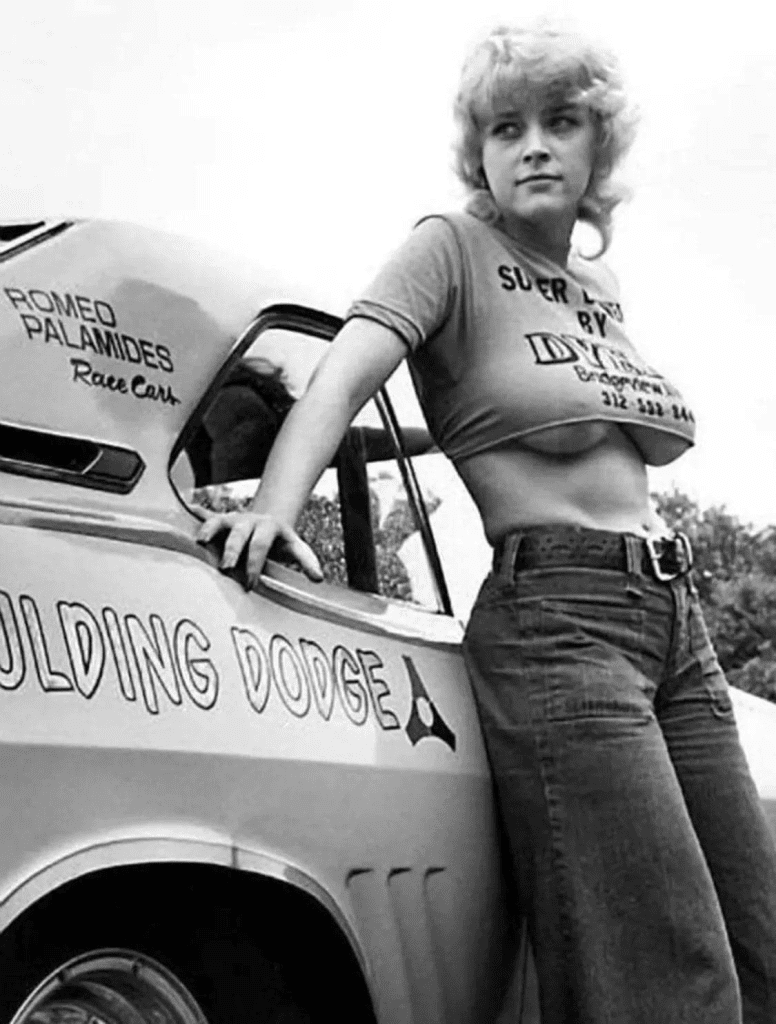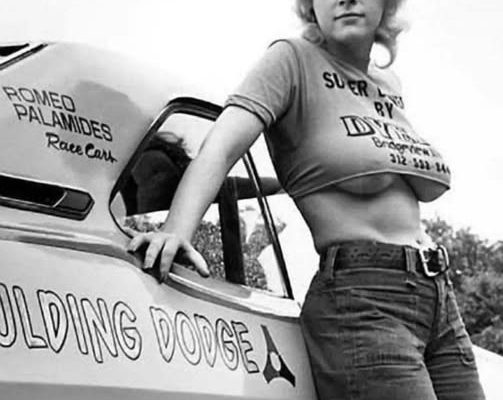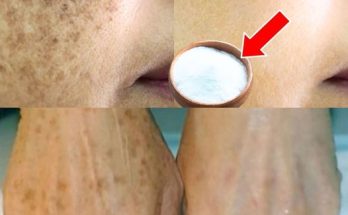Barbara Roufs was a shining light in the world of drag racing during the 1970s. Known for her captivating beauty, vibrant energy, and unparalleled charisma, she was more than just a trophy girl—she was a cultural icon in an era of change. Though her life ended tragically at the young age of 47, Barbara’s legacy remains strong through her contributions to drag racing and the indelible mark she left on the sport. Let’s take a closer look at her life, career, and enduring influence.
Barbara Roufs’ Early Life and Upbringing

Born in 1944 in Southern California, Barbara grew up surrounded by the car culture that defined her era. Her parents, Thelma Ruby Riley and Wayne Eldon Riley, raised her in a close-knit family alongside her siblings. Thelma worked as a beautician and church organist, while Wayne was a passionate motorcyclist and racing enthusiast. This familial influence may have foreshadowed Barbara’s future involvement in the drag racing scene.
Details about her education remain sparse, but Barbara’s upbringing in the heart of California’s car culture undoubtedly shaped her path. Whether in local schools or community spaces, she absorbed the energy of a society obsessed with speed, style, and spectacle.
The Rise of a Star in Drag Racing
Barbara’s foray into drag racing came in the early 1970s, a time when the sport was evolving rapidly. The emergence of faster cars and an increasing emphasis on entertainment made her the perfect fit as a trophy girl. Her role was more than ceremonial—Barbara brought a unique vibrancy to the racetracks that made every event feel like a spectacle.
With her long, flowing hair, go-go boots, and breezy outfits, Barbara embodied the freedom and excitement of the era. She quickly became a fan favorite, gracing significant events like the United States Professional Dragster Championship at the Orange County International Raceway. Her presence wasn’t just about handing out trophies; she became the face of an electrifying era in drag racing.
Memorable Appearances and Crowning Achievements
Barbara’s star power extended beyond the race track. In 1973, she was crowned the PDA champion trophy girl, a title that cemented her place in drag racing history. Her beauty, poise, and infectious energy made her a sought-after figure for advertisements, merchandise, and promotional events.
Her iconic style—complete with 1960s-inspired freedom tanks and vintage boots—captured the spirit of the times, making her a visual symbol of drag racing culture. Beyond the racetrack, Barbara became a muse for photographers, with her images appearing in magazines and memorabilia that continue to inspire nostalgia among fans.

The Personal Side of Barbara Roufs
Despite her public persona, Barbara kept much of her personal life private. She was married, though the identity of her husband remains unknown. She had one daughter, Jet Dougherty, who has fondly remembered her mother as a vibrant and loving individual.
Barbara’s personal life, however, was not without its challenges. Her career as a trophy girl may have appeared glamorous, but it came with its own pressures. Balancing her public image with her private life was no easy feat, and these struggles may have contributed to her untimely passing.
Tragic End and Unanswered Questions
Barbara’s life came to a heartbreaking end in January 1991 when she tragically took her own life at the age of 47. The reasons behind her decision remain unclear, leaving a sense of mystery and sadness surrounding her story. At the time of her death, she was living with her family in Fresno, California.
In 2016, Barbara’s daughter Jet reflected on her mother’s legacy after photographer Tom West released rare images of Barbara from her trophy girl days. Jet described these moments as some of Barbara’s happiest times, expressing that her mother would have been proud to see her photos celebrated by a new generation.
Barbara Roufs’ Impact on Drag Racing Culture
Barbara Roufs wasn’t just a part of the drag racing world; she helped define it. Her presence at events elevated the sport, attracting both fans and participants. Her charisma and charm weren’t confined to the racetrack; she became a cultural figure who embodied the joy and excitement of drag racing in the 1970s.

Even decades after her passing, Barbara’s images continue to captivate enthusiasts. Her photos are sold online as nostalgic tributes to a golden era of drag racing, keeping her memory alive for those who remember her and introducing her to new fans.
Barbara Roufs’ Net Worth and Continuing Legacy
At the time of her death, Barbara’s estimated net worth was $1.5 million. While much of her income came from her work as a trophy girl and model, her enduring popularity has ensured that her legacy remains financially valuable. Iconic photos of Barbara still circulate, contributing to the lore of her impact on the drag racing community.
Barbara’s daughter, Jet, has played a vital role in preserving her mother’s memory. By sharing stories and photographs, she has helped keep Barbara’s legacy alive, ensuring that her contributions to drag racing and her vibrant spirit are not forgotten.
Remembering Barbara Roufs: A Life Full of Energy and Charm
Barbara Roufs was more than a trophy girl; she was a trailblazer in a male-dominated sport, bringing grace, charm, and excitement to the world of drag racing. Her influence extended beyond her physical beauty, as she became a cultural icon who represented the freedom and exhilaration of the 1970s.
Though her life ended too soon, Barbara’s legacy endures in the hearts of fans and the history of drag racing. She remains a symbol of the sport’s golden age, celebrated not only for her role on the racetrack but also for the joy and energy she brought to everyone around her. Through photographs, memories, and the stories of those who knew her, Barbara Roufs will forever be remembered as a shining star in the world of drag racing.



